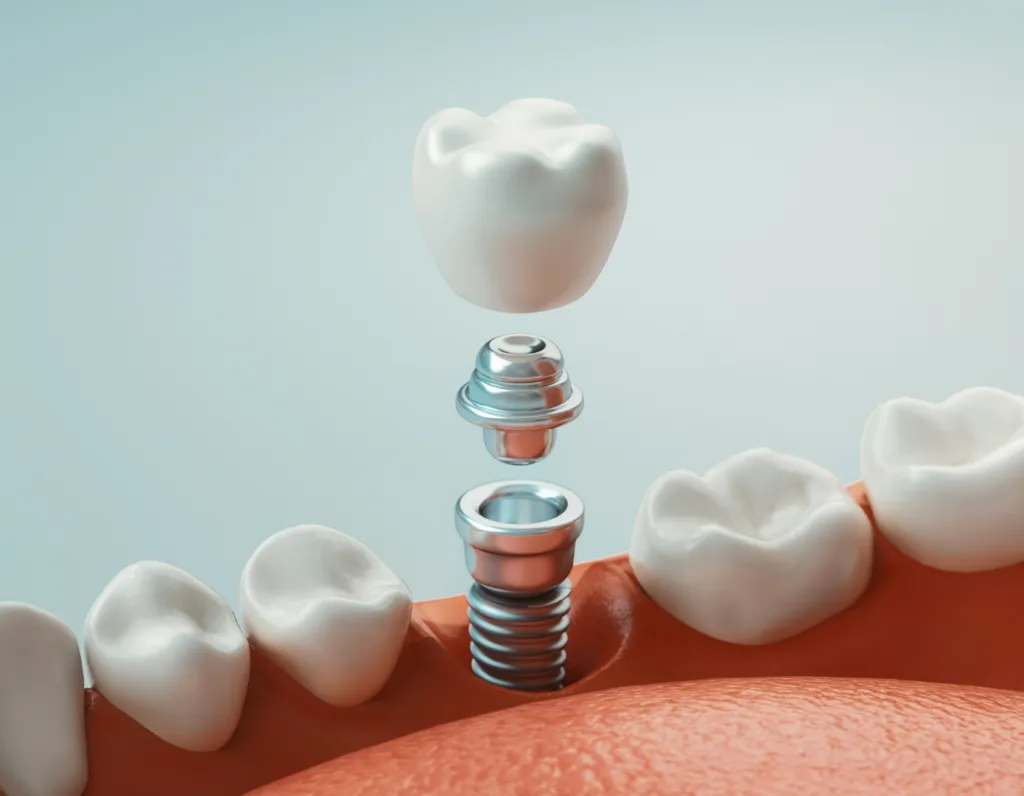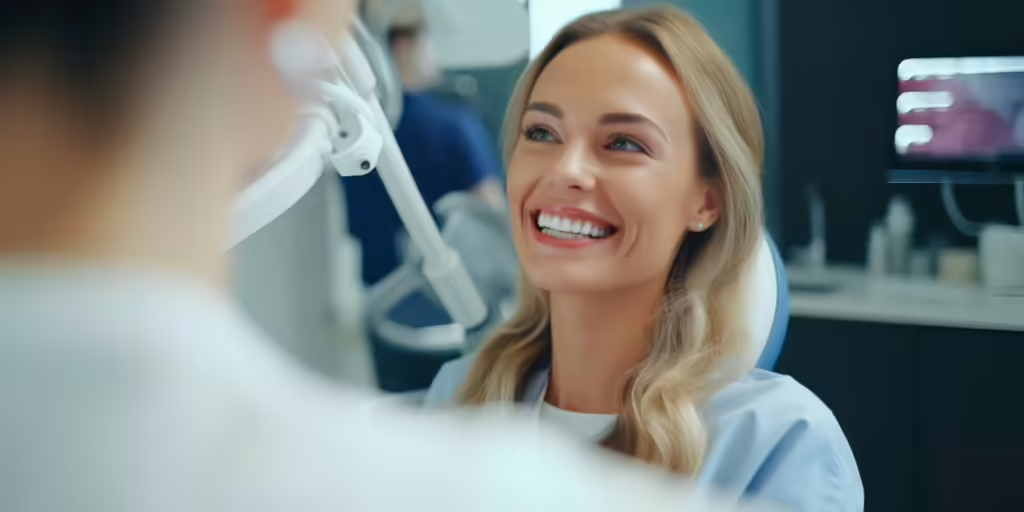
Proper nutrients are important for overall health, especially teeth. Patients who have dental implants should pay special attention to their diet and health habits. Overlooking proper nutrition can lead to serious consequences and improper dental implant healing. In order for your dental implants to last their entire lifespan they need to be installed with procession and taken care of by the patient. This blog will share some essential nutrients for dental implant healing and what to avoid after a dental implant procedure.
Essential Nutrients For Dental Implant Healing
While your body does have a natural healing process, having extra nutrients will help speed up the process of regenerating tissue and fusing the implant to the jawbone. Proper nutrition will promote faster healing and boost your immune system to fight off infections.
Here are some key nutrients needed for dental implant healing and what they can provide.
- Protein– Protein is needed for tissue repair. Having a diet rich in meats, fish, eggs, and dairy will help accelerate wound healing.
- Calcium– Vital for bone health, calcium will help strengthen your teeth and jaw bone. Dairy products and leafy greens are great sources of calcium to help promote implant stability.
- Vitamin D– Vitamin D can also help your body better absorb calcium. Spend time in the sun and consume fatty fish or eggs to get more Vitamin D.
- Zinc– Eating foods rich in zinc helps your immune function and wound healing.
- Omega-3– These are healthy fats that have anti-inflammatory properties to reduce swelling after surgeries. Salmon, nuts, and chia seeds are great sources of Omega-3.
- Iron– Iron promotes red blood cell production to help deliver oxygen to the surgical site. Meats, spinach, and lentils will support your dental implant recovery.
- Hydration– Drinking plenty of water is always important to your health, especially after an oral surgery. Avoiding dry mouth and dry sockets with drinking water will ensure your healing process goes smoothly.

What Can I Eat After Oral Surgery?
After an oral surgery, it is best to eat soft or pureed foods. Even if you have had an implant installed and there is not a hole in your mouth, you should still avoid sticky or crunchy foods while the site is healing. Taking care of your body is important for building new tissue and strengthening your jawbone to hold the new implant in place.
Can You Drink Alcohol Or Coffee After Getting Implants?
When you are healing from dental implant surgery, it is best to avoid coffee or alcohol. These drinks can slow the healing process or lead to implant failure because of their corrosive nature. Drinking alcohol can also increase the risk of infection around the site. This tissue is sensitive and susceptible to different bacteria, so drinking plenty of water to wash away these particles will ensure proper healing.
Caffeine is also known to cause dehydration, which can be detrimental to your overall healing. Dehydration can slow down the healing process and cause unnecessary pain. If you can not give up coffee, try switching to a decaf option or stick to tea and water.
The Connection Between Diet And Oral Health
A healthy diet is important to a long life and the overall health of your body. A diet that is high in processed foods, acidic beverages, and sugar will lead to decaying teeth and gums. Nutrient-dense foods will strengthen all areas of your body and help you have a balanced microbiome. Fresh fruits, vegetables, whole foods, and dairy products will help you have confidence in your health and in your smile.
Having a proper diet early on in your life will also negate the need for dental implants in the future. Following proper oral health practices as well as getting enough vitamins will keep teeth, gums, jaw bones, and tongue strong and healthy.
More About Total Arch Dental Implants

Total Arch Dental Implants offers cosmetic and restorative dentistry services to help you love your smile. Whether you are looking to have more confidence or need to replace missing teeth to prevent further deterioration, our professionals are here to help. Patients who work with us will have all the tools and support necessary to have a successful recovery. Learn more about all of our services by visiting our website or giving us a call with any questions.
